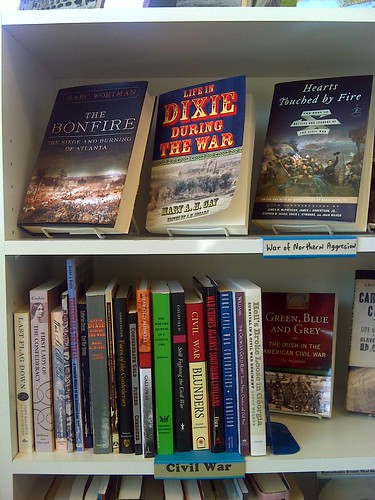Of all the images that George Washington conjures up in the minds of Americans, surely that of war criminal must be the least likely. Yet this remarkable book begins with an account of charges levelled against Washington as a result of conduct in the French and Indian Wars in 1754. Specifically, the allegation was complicity on Washington’s part in the killing of a non-combatant in the course of an attack on a French detachment – a charge that Washington even admitted to (although he soon contended that the admission was inadvertent). In his later career as the leader of the American Revolutionary armies, Washington would take scrupulous care to become, in Professor Witt’s words, “the living embodiment of the Enlightenment way of war.”
The book proceeds to treat the way in which that Enlightenment way of war, as expounded most famously by the Swiss writer Emmerich de Vattel in 1758, evolved over the period from the late Eighteenth Century to the First World War. The book’s title therefore rather understates the range of material covered, since the Civil War section is only the middle part of three, comprising about half the book. It is a fascinating story, told with style and a steadily critical eye.
Detailed attention is especially given to two vital issues that presented themselves with special force in the frontier conditions prevailing in America in the late Eighteenth Century. The first was the presence of slavery, and the many ramifications that it was to have. ... The second problematic issue was unconventional warfare.
...
The challenges posed by unconventional warfare were also constantly at hand. As American settlement expanded relentlessly southward and westward, struggles against Indian tribes became common. And the view was widely held – not least by the redoubtable lawyer-cum-frontier warrior Andrew Jackson – that Indians were not entitled to the benefits of the Enlightenment way of war, since they refused to abide by its constraints. Jackson, as so often, proved as good (or bad) as his word. Where he encountered serious political trouble, though, was not in his treatment of Indians, but in his robust handling of two British nationals accused of inciting and aiding Indian enemies during Jackson’s Florida campaign. They were tried by a hastily organized military commission, found guilty, and executed in 1818.
Unconventional warfare also became an important, and highly troublesome, feature of the Mexican War of 1846-48, as Mexico began to rely on guerrilla forces in the wake of the repeated defeats of its conventional armies in the field. In response, General Winfield Scott made the first systematic use in American history of military commissions (or “councils of war,” as they were called) to try captured enemy troops for violations of the laws of war – and also to deny combatant status to guerrilla fighters.
In the Civil War, guerrilla warfare again became a feature of the hostilities, alongside familiar conventional clashes between regular armies. In this conflict, Francis Lieber, a German immigrant political scientist and international lawyer, made his famous contribution in the form of the Lieber Code. But he also made a less known, and highly important, second contribution to the Union cause: the exposition of the law on unconventional warfare. ...
...
If the Civil War finally ended the slavery issue, the problem of unconventional warfare continued to be very much alive, first on the western frontier in North America, and then in the Philippines in the years following the Spanish-American War of 1898. In these situations, the problem, in Witt’s view, is that the sense of the overwhelming justice of the Union cause in the Civil War – i.e., the extirpation of slavery – was no longer present. But the permissive approach to military necessity that suffused the Lieber Code nonetheless remained part of the American approach to the laws of war. In this sense, the longer term legacy of the Lieber Code may well have been more malign than is generally appreciated. The story that Witt tells, in short, is certainly not a triumphalist one.
Precedents set in the Mexican and Civil Wars continued to be applied in these later conflicts. In the Indian wars, trials by military commission were employed, resulting in death sentences in a number of cases. In the Philippines, the lawfulness of torture for the extraction of key information came to be a highly controversial issue. At least five American soldiers were placed on trial for engaging in the practice. The most notable was Major Edwin F. Glenn, who was also a lawyer. He was convicted, though with only a light sentence imposed. Remarkably, Glenn went later became the chief author of the United States’s manual on the laws of war of 1914, in which heavy reliance was placed on the earlier Lieber Code.


















Bookmarks